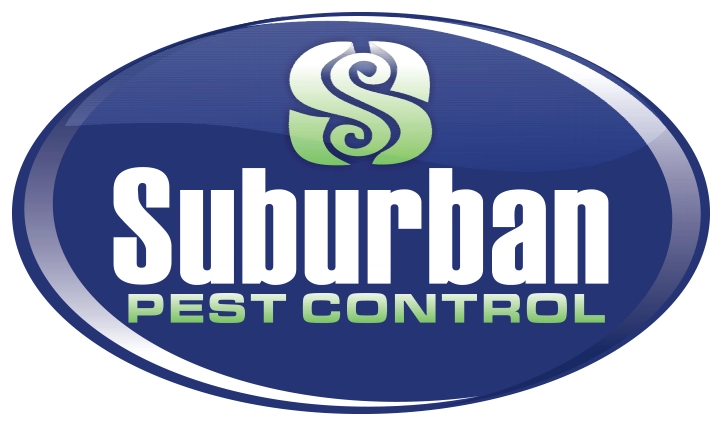How To Choose a Pest Control Company
There are several factors that you can take into consideration when selecting the best pest control company for you. A company's qualifications and treatment methods are important to consider, as well as its years of experience and customer reviews. Of course, you also want to think about cost.
Below, we discuss each of these factors in more detail.
Does the company have a valid license and permits to perform pest control?
All pesticide applicators, as well as those that supervise them, must be licensed via the appropriate New York regulatory agencies. The United States Environmental Protection Agency (EPA) has established minimum standards of competency, but providing, maintaining, and revoking licensing is handled at the state level.
Is the company a member of any professional organizations?
Pest control companies can earn the GreenPro Service Certification, which requires that a company show that its practices are environmentally friendly and that its employee training is up to date. Trade organizations such as QualityPro offer additional certifications. These are not required, but can help demonstrate that a pest control company is reputable.
A pest control company can also hold membership in professional organizations. A pest control company can join state-level organizations in addition to national organizations such as the National Pest Management Association (NPMA). While not mandatory, membership in these organizations helps prove a company's reputability and gives it access to education, resources, and a network of professionals to compare best practices with.
Professional Experience and Specialties
A company's website can tell you how many years it has been in business and what species of pests it specializes in exterminating. Local reviews can also offer some insight into a company's experience dealing with a specific pest. If this information isn't available online, you can try reaching out to the company directly.
Reviews and Recommendations
Resources you can use to check a company's reputation include the Better Business Bureau (BBB), social media, and local review sites. You can also check the status of a company's license via the New York licensing board.
Cost of Services and Guarantees
Cost is important when hiring someone for pest control. Cost can be affected influenced by your location, the size of your house, the type of pest being treated, and other factors.
Companies will often offer free on-site estimates before starting work, to help you decide whether it fits into your budget. You can also ask whether a company offers a satisfaction guarantees, meaning that it will continue to treat your pest problem until it is solved.
Safety and Treatment Methods
When it comes to choosing a pest control provider, you want to choose a company that will keep you, your family, and your pets safe. You might also prefer an environmentally-conscious provider.
Safety
All pesticides that will be used (except those that pose only a minimum risk) need to be registered with the EPA. Your pest control provider should be able to supply information on all the pesticides that they plan to use. They should be able to tell you whether the pesticides are low toxicity or non-toxic, and if not, what safety precautions they plan to take.
Treatment Methods
Pest professionals looking to reduce their reliance on chemical pesticides often implement procedures such as Integrated Pest Management (IPM). Using IPM involves a series of steps:
- Identify the source of the pest problem and assess whether immediate action is required.
- Determine the best and safest course of action.
- Manage the pest problem using a combination of biological, cultural, mechanical, and physical controls.
- Use chemical controls only when absolutely necessary, and always in combination with other controls for effective long-term pest management.
- Assess the outcome and continue with additional pest control as needed.
















